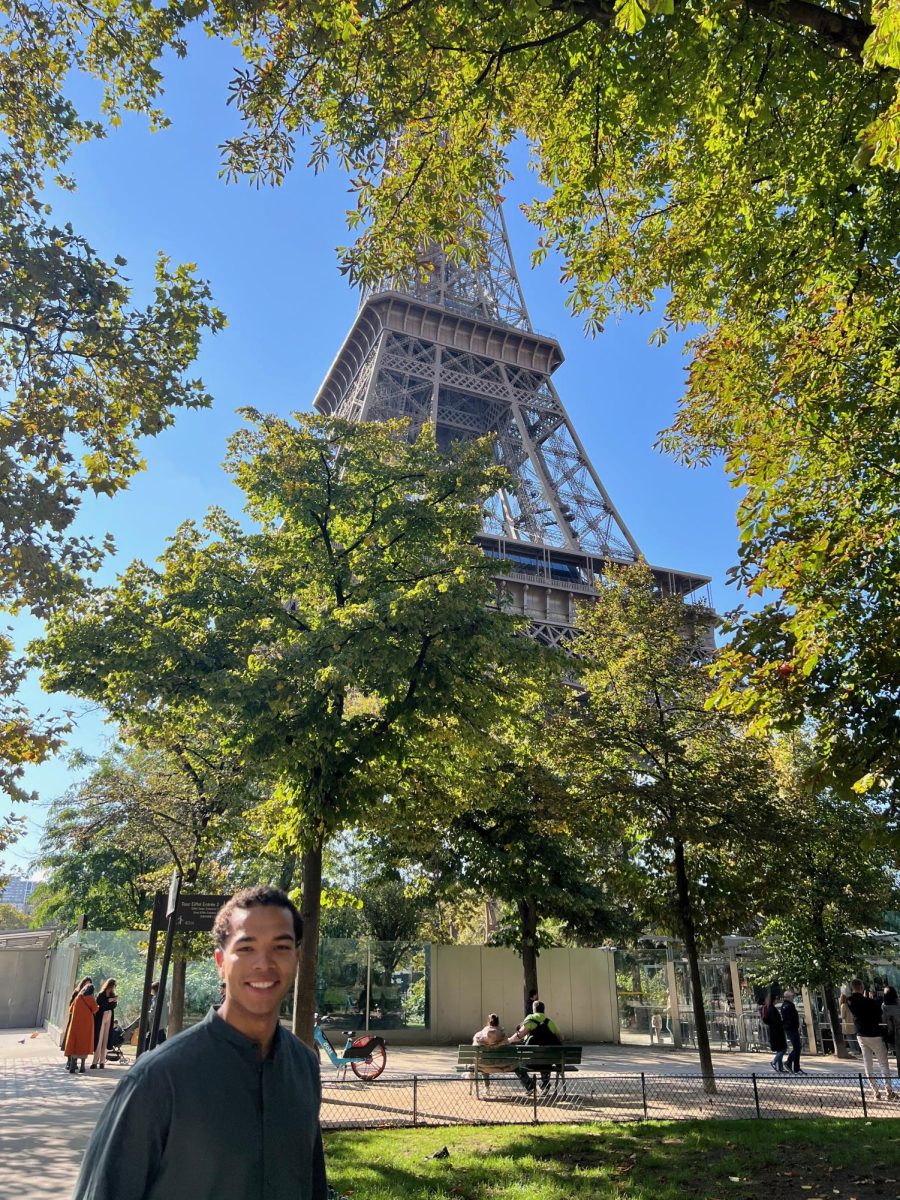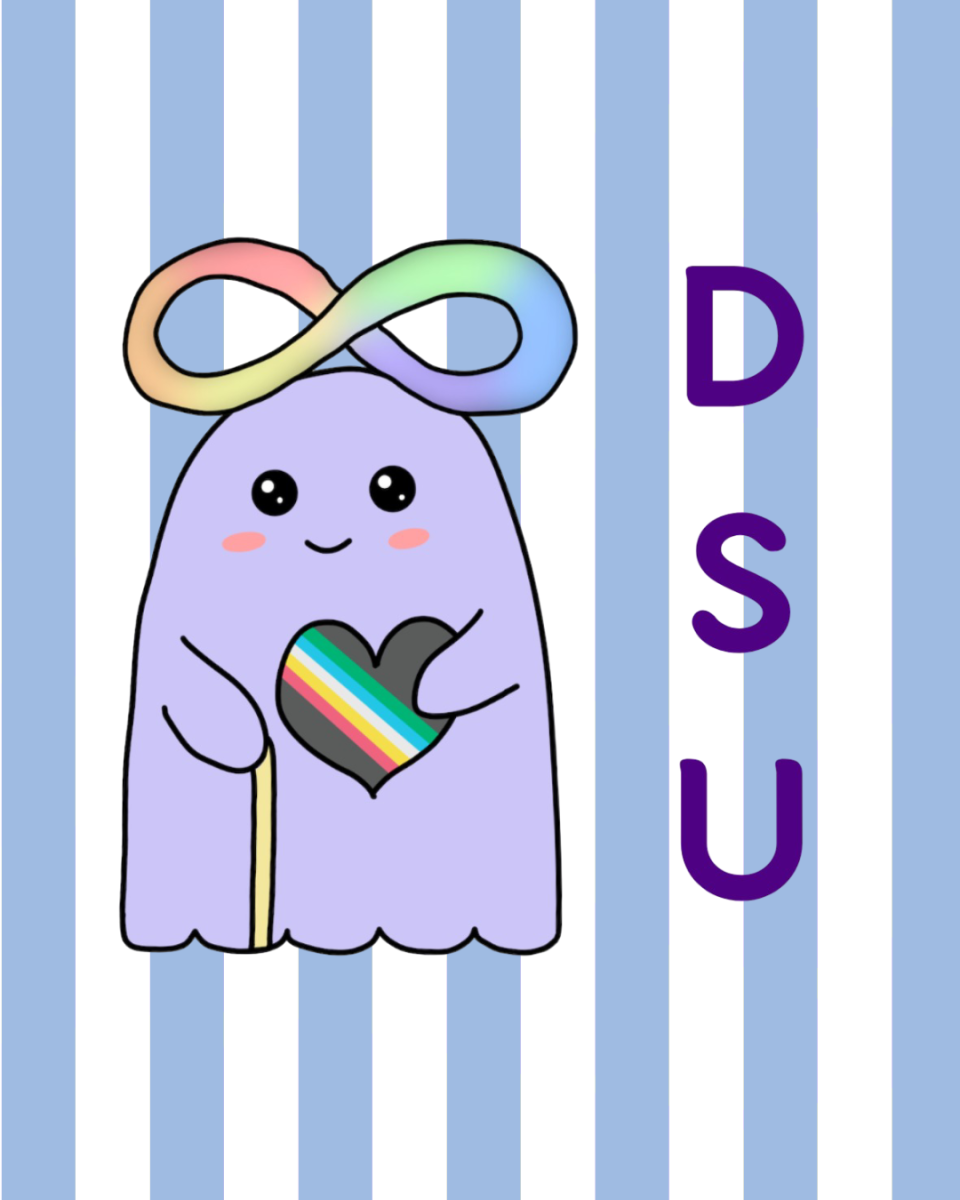Between First Days presentations and admissions’ information sessions, being the first person of one’s immediate family to attend a four-year institution, or “first-gen,” is a label that most hear about, but few are actually privy to. Thus, this label deserves some clarification on what the first-gen experience is truly like – or not like – for the students who make up approximately 16 percent of the College’s enrollment.
For many first-gen students, the path to the College is filled with obstacles. Applying to college, for example, was sometimes exhausting due to a lack of resources. Argenis Herrera ’22 said that his high school, though helpful when applying to state schools, had little knowledge of liberal arts institutions. “They didn’t really know how to help me get here,” Herrera said.
Kayla Han ’22 said that her high school helped students prepare for the ACT, but the goal was to “help [students] get a 20, since going to a higher institution at all was an achievement at my school.” In addition, the most obvious resource for many high schoolers – parents or guardians – were unavailable to offer assistance, from filling out financial aid forms to tackling college essay prompts.
“My parents always assumed that a college application is just one essay that you turned in to every single college,” Han said. “They also didn’t know the answers to questions about numbers and financial documents.”
But from here, their demanding journey has only just begun. Students whose parents have attended college not only have an expectation for what the experience will be like, but also have parents who understood the difficult transition to college life. For first-gen students, according to Associate Dean of the College April Ruiz, the story can be different. “They are taking a path that’s different from their family, home community, and getting to a place like [the College] where it seems like everyone has already understood what this would be like,” she said.
Michelle Lopez ’21, a First-Gen Pre-Orientation Leader who advised the first-gens of the class of 2022, agreed. “Communicating with my family who don’t really understand what going to college is like is still difficult, even as a sophomore,” she said.
Though many first-gen students share similar experiences, often of feeling different or alone, each student also has their own story to share. First-gen students sign their names and write a word on a banner during orientation. Students chose words that resonated with them, some reflecting the great costs that families have taken to help first-gen students get to college. For Han, it was “sacrifice:” her father, a refugee from the Vietnam War, first fled to Thailand before arriving in the United States. “Currently he and my mom both work six days a week. But because my mom works at night and my dad works during the day, they aren’t able to see each other much, but they still work overtime to help pay for college.”
Other problems may still arise after the first few semesters. “Imposter syndrome, centering around the idea of someone feeling like a fraud, is still something that comes up from time to time,” Lopez said. “But for the most part, I’ve come to terms with most of the issues that I had during my first year, and now it’s my turn to help new first-gen students. ”
Like Lopez, many first-gen leaders feel compelled to help the next generation of first-gen students. First-Gen Leader Christopher Ochoa ’20 said that his time at the College has entailed deep personal questioning. Now as a junior, he jumped at the chance to be a leader because he appreciated the role that he could have to first-years. “I look back and say, ‘Wow, I wish someone had said that to me,’ or had shared ideas or practices that I either went without because no one had advocated it to me or just because I didn’t hear it enough. I wanted to be the person to pass that down to the new frosh who have so much potential,” Ochoa said.
The journey it takes to arrive at the College can be difficult, but often this very experience makes them uniquely capable to handle more challenges down the road, Ruiz said. “People outside the community talk about first-gen students being insufficient. But first-gen students have a lot of grit and are brave. They have put themselves away from the path of their family, and that takes a whole lot of courage. So often it’s our first-gen students that are coming from a position of strength.”








